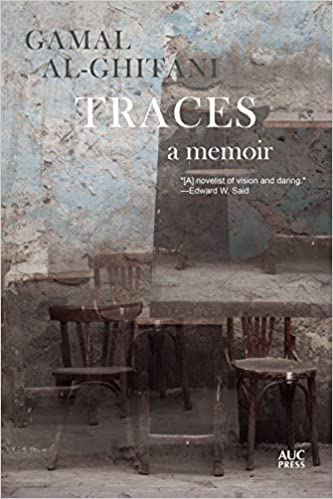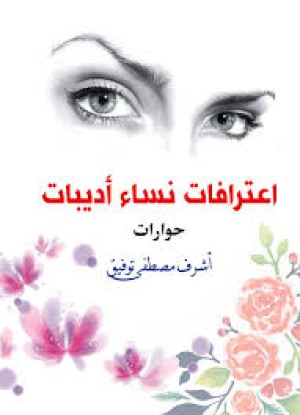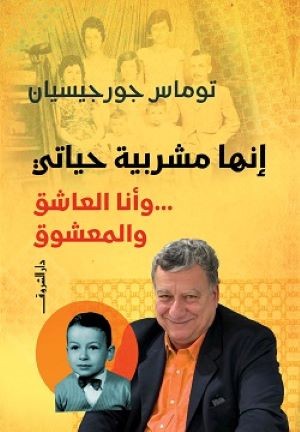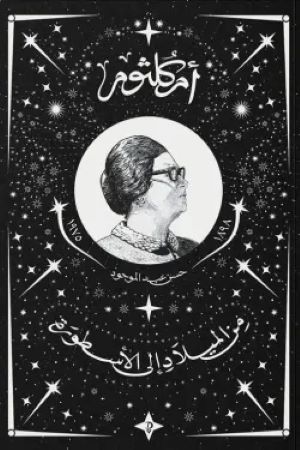Traces: A Memoir
Best reviewed by Dierdre Fagan, USA
"This translation of Traces: A Memoir of celebrated Egyptian author Gamal Al-Ghitani by Nader K. Uthman is most welcome. Traces is one of seven notebook diaries Al-Ghitani kept. It is comprised of entries labeled by short headings, each indicating the central topic of the vignette that follows.
Opening the book with the epigraph “As if life were a memory…” by Fuad Haddad, the reader enters the musing memories of a man inhabiting spaces physically, emotionally, intellectually, and wholly, as he travels throughout Egypt and the world.
Al-Ghitani writes so sensually about foods he has savored, we desire to taste them--fried eggplants, fava beans, fishes, tamarind juice--there are even entries titled “Carob,” “Soup,” “Al-Bulaqi’s eggplants.” In doing so, he invites the reader to the present through his past. Al-Ghitani pens as deeply about satiating the intellect with books as he does the stomach with foods: “I take pleasure in books when I look at them, when I turn their pages, when I read them. The pleasure may exceed what I find in people.” It is this sort of pleasure that the memories in Traces offers readers.
Al-Ghitani writes equally sensually, and in great detail, of the many beautiful women he has admired with abandon, but beyond the corporeal are his mystical inquiries into time, memory, and absence. In “Before and After,” for example, he reflects upon who he once was in a before time, realizing “that while he “bear[s] his name and his characteristics…he’s not me. He’s someone else…. He represents what does not seem to be [me]” any longer. He makes clear we become quite different people over time, often individuals hardly recognizable to us, and yet throughout the very entries in this volume, Al-Ghitani himself is captured snapshot-style and distinctly in his many and various incarnations.
In “Existence,” Al-Ghitani muses, “What’s the fate of that little breeze without a cheek to feel it?” and in this, he expresses his supreme pleasure at being alive. His questions often have scientific answers, but that is not what he is seeking in these inquiries. He is trying to capture the essence of living, of experiencing life with all our humanity, which it seems he himself did. This volume is not without darkness, but even when sharing his darkest, most painful memories, readers are left to consider Al-Ghitani’s haunting question: “Why are sighs of pleasure and groans of pain just the same?”
If you are a marker of books for things to keep, you will want to read Traces with pen in hand. Uthman’s translation is so fluidly beautiful, so linguistically enticing, it will keep you reading forward to discover what emerges from the whole. Much praise to Uthman for bringing these Al-Ghitani delights to the English-speaking world."
Further Reading
Upcoming Events

Sonallah Ibrahim's Ice
June 26, 2025
Join us for a special discussion on Sonallah Ibrah...

Arabia Felix - Alarabia Alsaida in Bayt Yakan
April 15, 2025
Arabia Felix by Thorkild Hansen, and translated by...

A writer, a vision, a journey: a conversation with Professor Ilan Pappe
March 15, 2025
This event took place on 15 March, 2025 . You may...

مسافر يبحث عن ماء
February 17, 2025
تقيم نقابة اتحاد كتاب مصرشعبة أدب الرحلات تحت رعاي...




